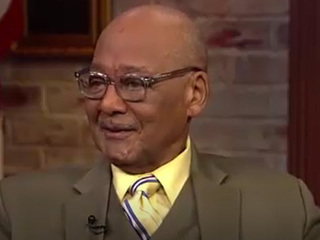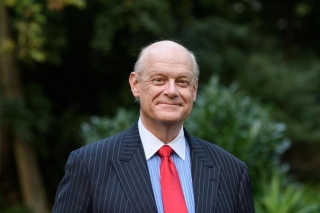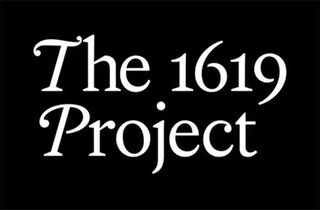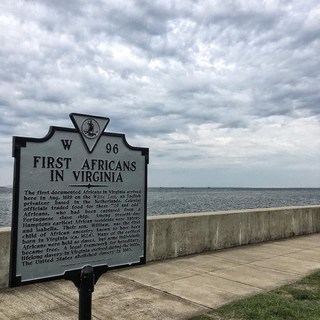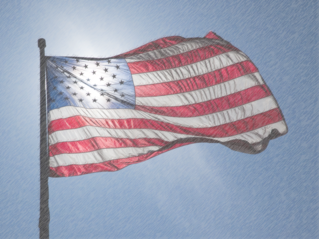In August 2019, the New York Times Magazine launched The 1619 Project on the 400th anniversary of the arrival of Africans to Jamestown. Its stated goal was “to reframe the country’s history by placing the consequences of slavery and the contributions of black Americans at the very center of our national narrative.” Rather than standing with the American Revolution’s radical promise that we are all created equal and possess the same “unalienable rights,” or Abraham Lincoln’s description of America’s as mankind’s “last best hope,” the revisionist view of The 1619 Project argues that America was founded upon slavery and that the effects of white supremacy distort every aspect of American public life today.
Prominent historians, educators, and writers have challenged these claims. Noted scholars such as Gordon Wood, Wilfred M. McClay, Sean Wilentz, James McPherson, and James Oakes have publicly questioned its main contentions. And 1776 Unites, a group of black scholars and writers led by entrepreneur and civil rights leader Bob Woodson, has produced essays and a curriculum that “challenge those who assert America is forever defined by its past failures, such as slavery.”
This isn’t merely an academic debate




